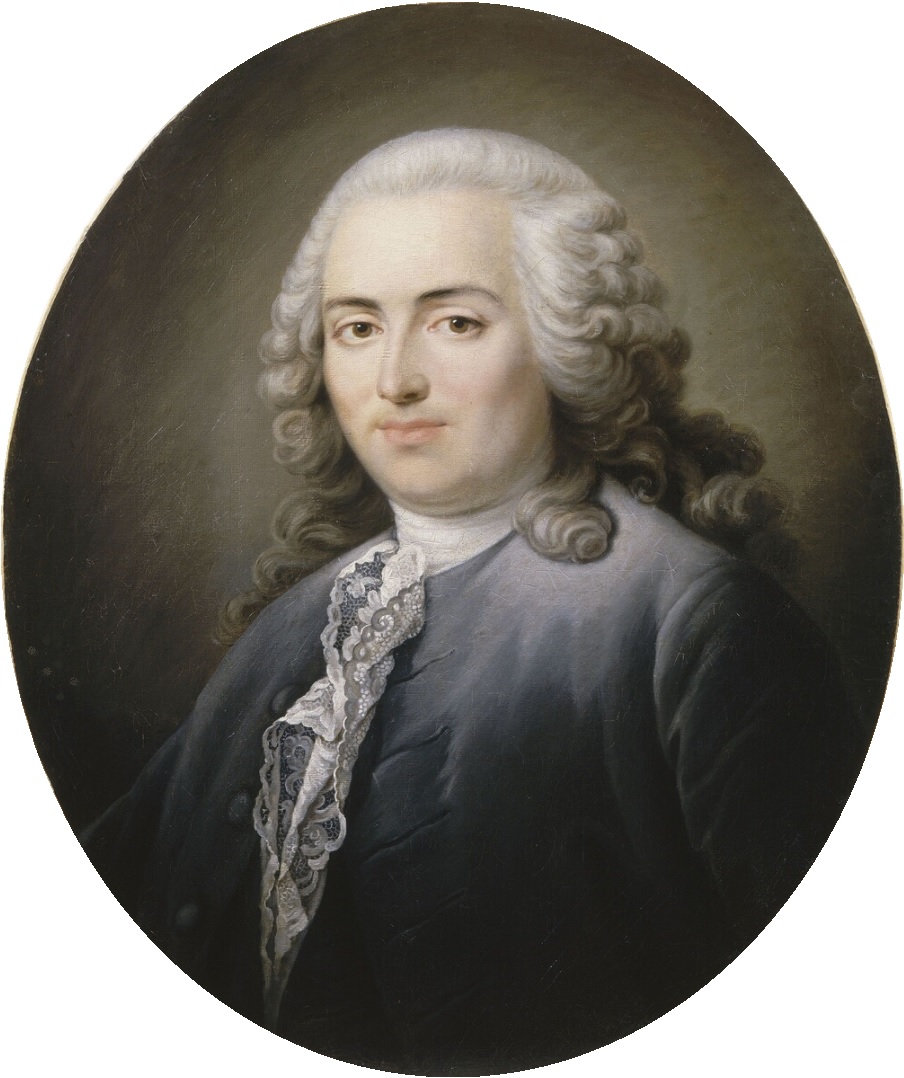§ 100
Reflections on the Formation and Distribution of Wealth (1766)
Contexto: Not only there does not exist, nor can exist, any other revenue than the clear produce of land, but it is the earth also that has furnished all capitals, that form the mass of all the advances of culture and commerce. It has produced, without culture, the first gross and indispensible advances of the first labourers; all the rest are the accumulated fruits of the œconomy of successive ages, since they have begun to cultivate the earth. This œconomy has effect not only on the revenues of proprietors, but also on the profits of all the members of laborious classes. It is even generally true, that, though the proprietors have more overplus, they spare less; for, having more treasure, they have more desires, and more passions; they think themselves better ensured of their fortune; and are more desirous of enjoying it contentedly, than to augment it; luxury is their pursuit. The stipendiary class, and he chiefly the undertakers of the other classes, receiving profits proportionate to their advances, talents, and activity, have, though they are not possessed of a revenue properly so called, a superfluity beyond their subsistence; but, absorbed as they generally are, only in their enterprizes, and anxious to increase their fortune; restrained by their labour from amusements and expensive passions; they save their whole superfluity, to re-convert it in other enterprizes, and augment it.
